“In Russia, monuments to people responsible for mass killings and other Soviet-era crimes are springing up like mushrooms after an autumn rain,” Jaroslaw Kuisz recently wrote.
As statues commemorating figures from Joseph Stalin to the founder of the Bolshevik secret police are erected across the country, many Russians have responded with little more than a shrug. One person told a BBC reporter that Stalin is “unfairly hated”; another said that “Stalin is our history,” adding that “nobody’s perfect.”
Of course, history is never fixed, and Russian President Vladimir Putin has used this to his advantage. His regime has embarked on a major project to recast the past (and especially the Soviet era) to legitimize its rule, justify the invasion of Ukraine, and market itself as an anti-colonial power to the global south.
The essays below explore the Kremlin’s use of memory politics—and its counterpart, “memory diplomacy”—and consider how memory can still survive in today’s Russia.
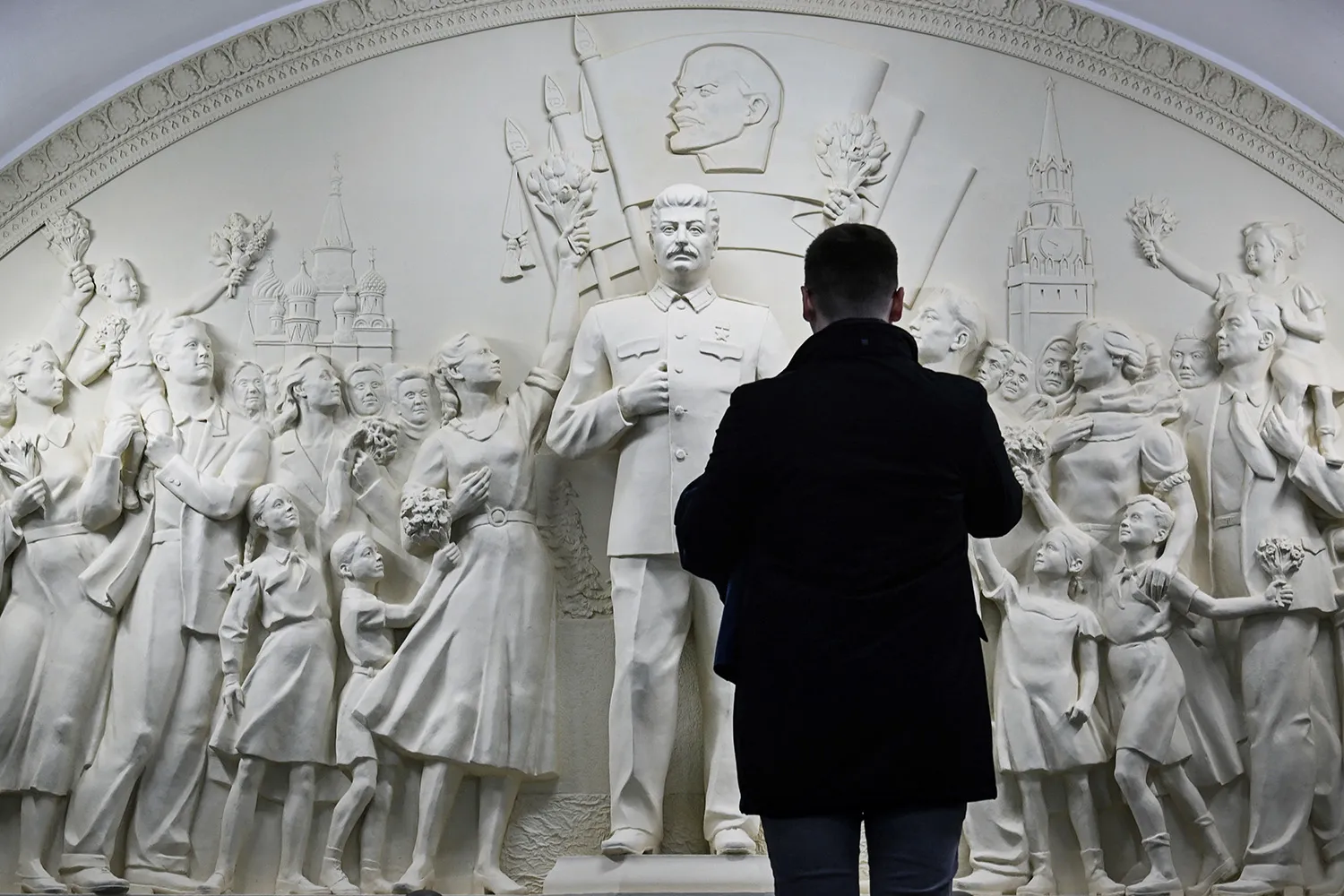
The Kremlin’s Factory of Resentment
A new history of the Cold War unwittingly exposes Russian distortions of the past, Jaroslaw Kuisz writes.
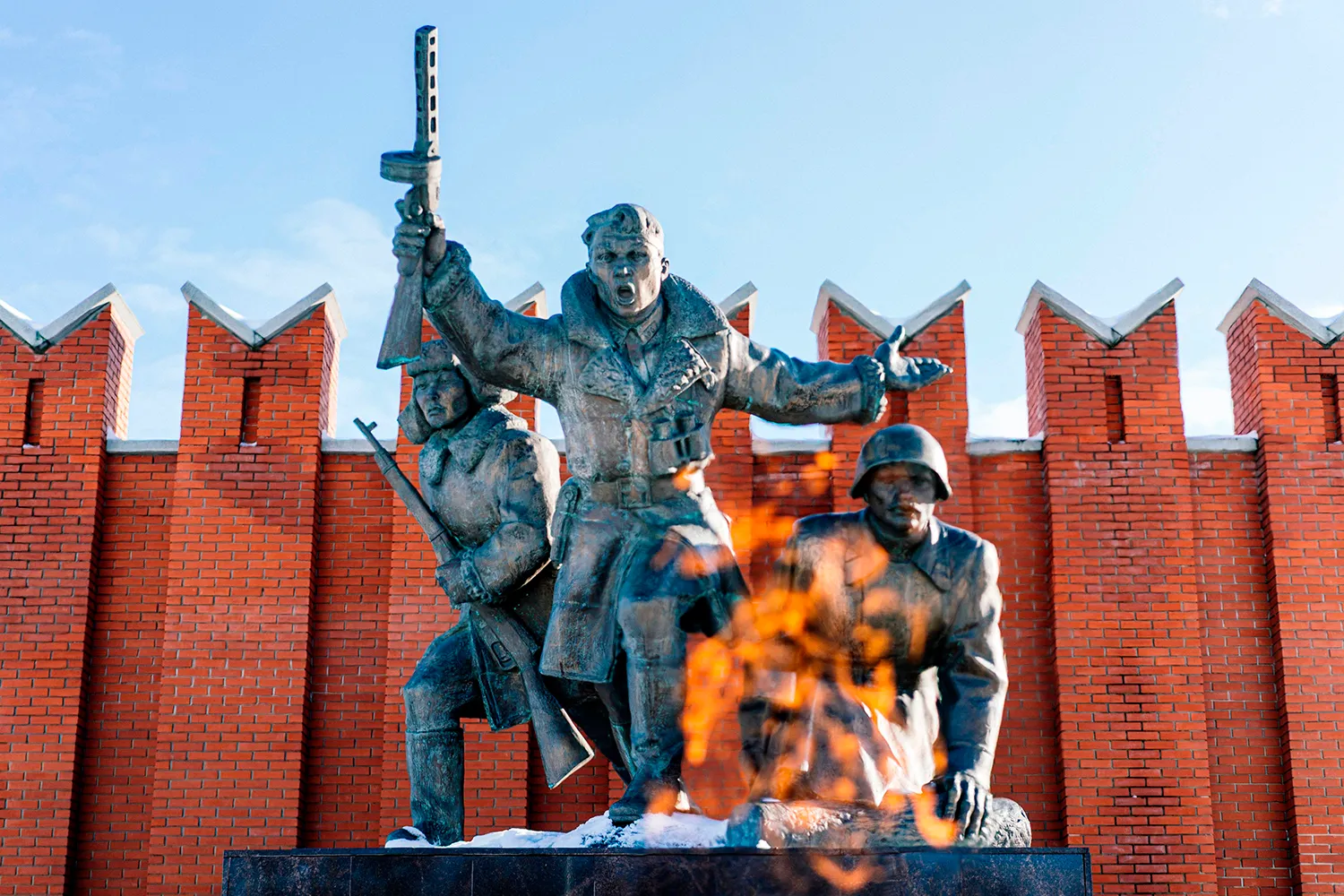
Moscow Is Using Memory Diplomacy to Export Its Narrative to the World
Putin is pushing Russian revisionist history to bolster the Kremlin’s influence abroad and its legitimacy at home, Jade McGlynn writes.
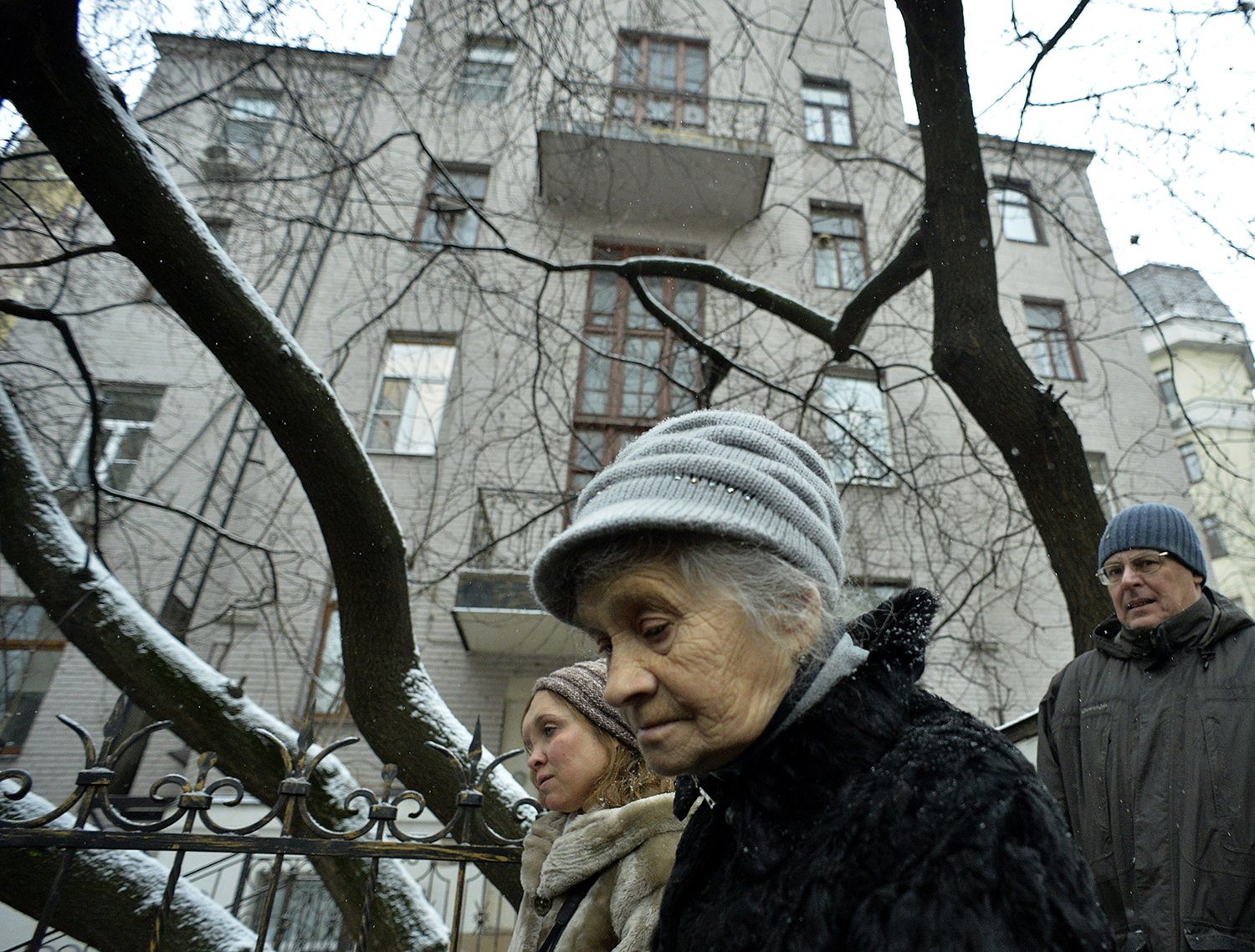
How Memory Survives in Putin’s Russia
Russia’s dictator controls its past, Tanya Paperny writes. But can history that avoids politics live on?
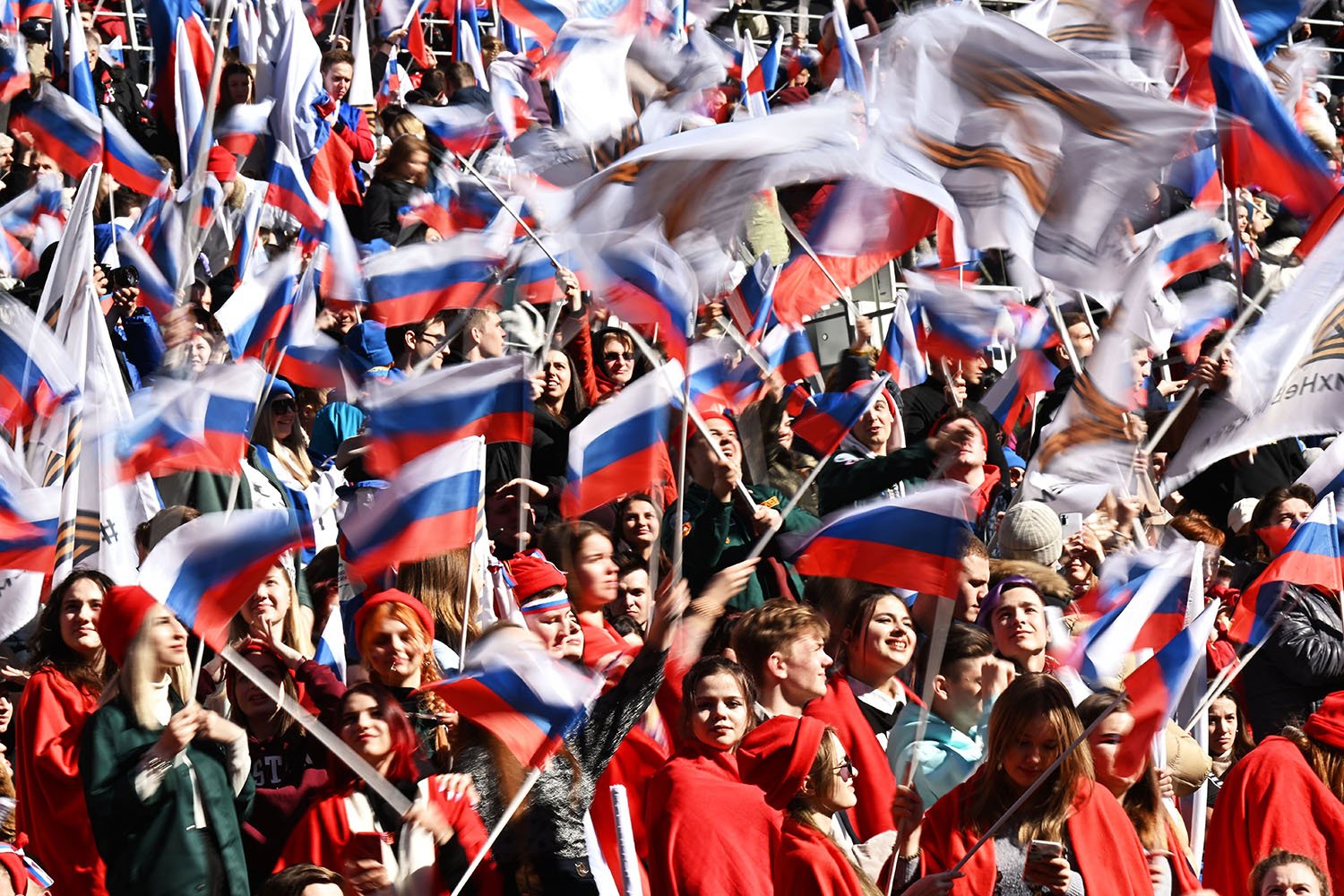
Ukraine Isn’t Putin’s War—It’s Russia’s War
Jade McGlynn’s books paint an unsettling picture of ordinary Russians’ support for the invasion and occupation of Ukraine, Keir Giles writes.
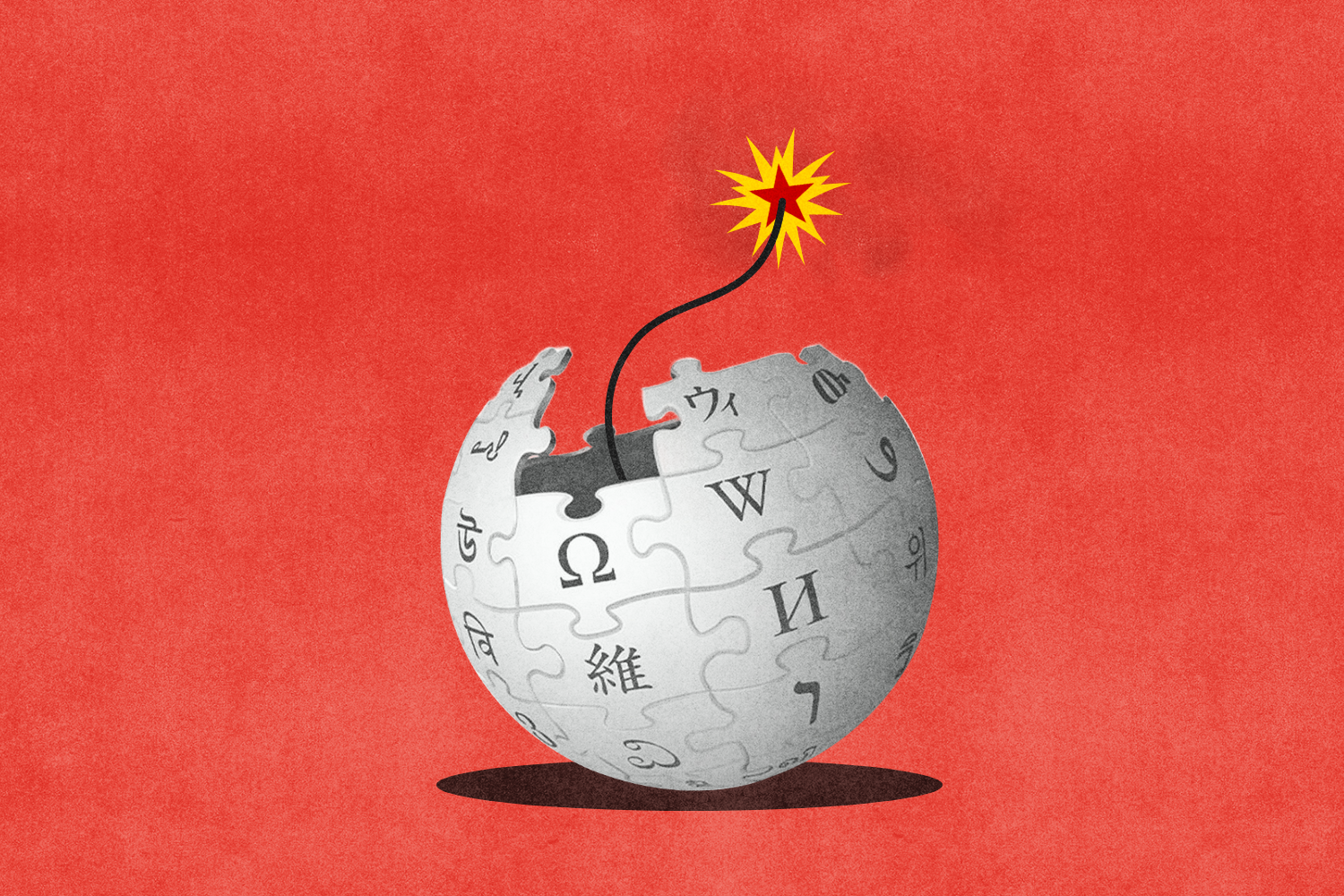
How Russia Invaded Wikipedia
The Kremlin is weaponizing an alternative version of the website—and rewriting the facts of Putin’s war against Ukraine, Olga Boichak writes.
The post How Russia Distorts the Past appeared first on Foreign Policy.




